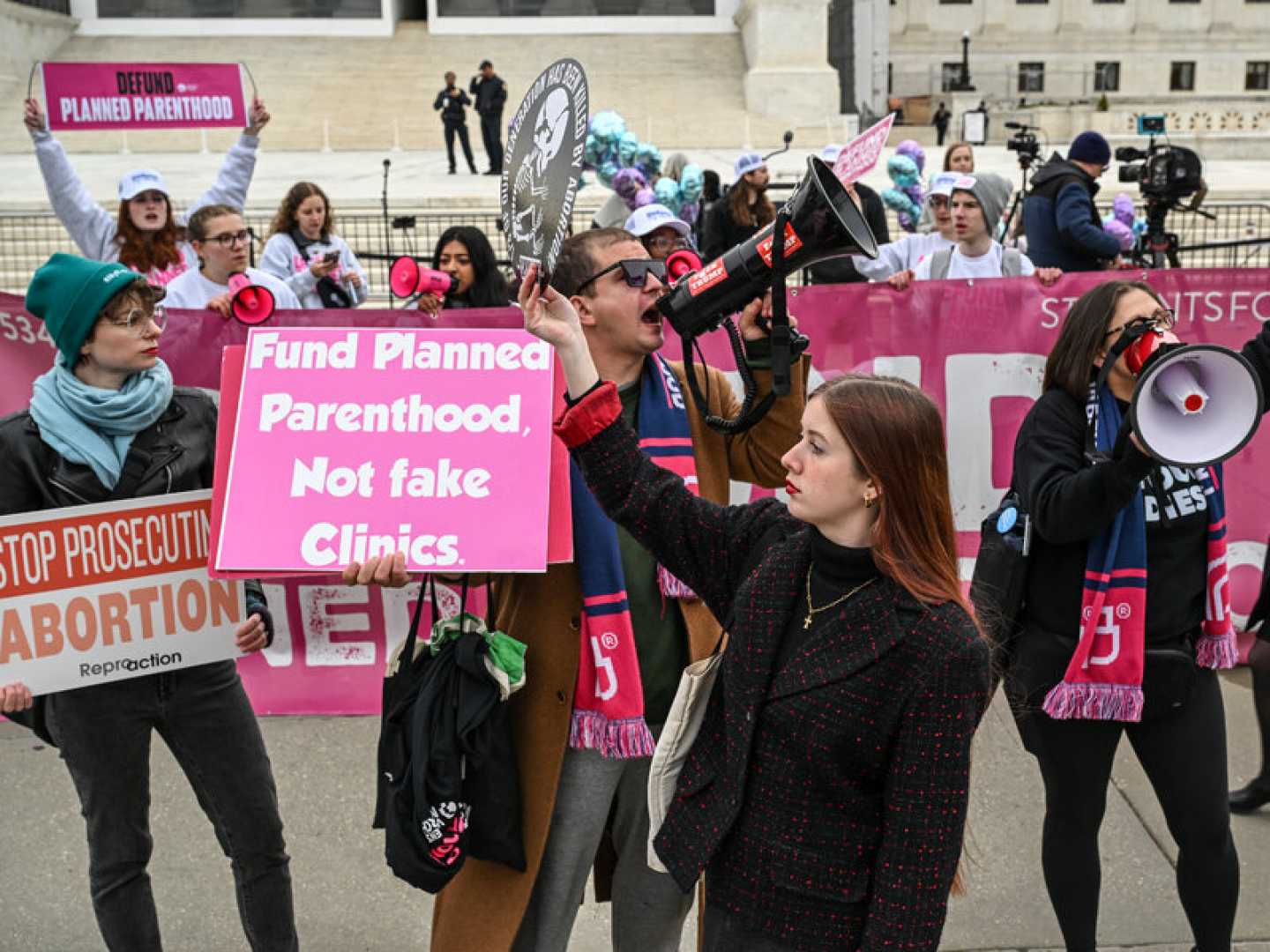News
Supreme Court Weighs South Carolina’s Bid to Defund Planned Parenthood

WASHINGTON — The U.S. Supreme Court deliberated Wednesday over a pivotal case involving South Carolina‘s attempt to defund Planned Parenthood from the Medicaid program. During a session that lasted over 90 minutes, justices grappled with whether the law permits individual Medicaid patients to sue for their choice of medical providers.
The case stems from Governor Henry McMaster‘s 2018 executive order prohibiting any abortion provider, including Planned Parenthood South Atlantic, from participating in the state’s Medicaid program. Federal law restricts the use of Medicaid funds for abortions, but a significant portion of Planned Parenthood’s services, like cancer screenings and contraception, fall within the scope of Medicaid coverage.
Planned Parenthood affiliates assert that their financial viability is at stake, particularly in states where healthcare options are already limited. Julie Edwards, a Medicaid-eligible patient who seeks to utilize Planned Parenthood services, joined the lawsuit filed against the state, claiming her rights are violated under federal civil rights laws.
The Fourth Circuit Court had previously ruled in Edwards’ favor, stating that the Medicaid Act provides individual rights enforceable under federal regulations. However, South Carolina’s legal team, represented by John Bursch of the Alliance Defending Freedom, contends that the Medicaid statute lacks explicit rights-creating language necessary for lawsuits.
“There needs to be clear rights-creating language for private enforcement,” Bursch told the justices, asserting the absence of terms like “right,” “entitlement,” or “privilege” in the relevant provisions of the Medicaid law. This assertion sparked a back-and-forth, particularly with Justice Sonia Sotomayor remarking on the centrality of patient choice in the Medicaid framework.
The debate extended to whether the definition of rights relies on specific terminologies. “It’s challenging to assume that a problem prompting Congress to legislate this provision was rooted in states limiting patient choice,” Sotomayor articulated. This suggestion was echoed by Justice Amy Coney Barrett, who remarked, “If a state disqualifies my provider, how do I hold them accountable?”
Justices Kavanaugh and Gorsuch appeared more sympathetic toward the state’s argument, highlighting concerns about a potential flood of lawsuits should patients be granted prevailing rights. Kavanaugh articulated that laws should have articulate terms to avoid extensive litigation, asking Bursch what precise language would create such rights.
Edwards’ attorney, Nicole Saharsky, argued that no one disputes Planned Parenthood’s qualifications as a healthcare provider and that the state’s order clearly violates the Medicaid provisions allowing patient choices. “The judicial interpretation of the act should not hinge on the precise language used but rather on its intended compliance with patient care,” Saharsky asserted.
While the conservative justices mulled over the implications of allowing lawsuits, the liberal justices emphasized the necessity for individuals to have the ability to challenge state actions that inhibit their rights to healthcare. Justice Elena Kagan warned against states potentially discriminating against providers based on political motives if the justices ruled against individual enforcement.
“Every state could potentially restrict access based on provider eligibility,” Kagan cautioned. This sentiment underscored the rapid ripple effect such a ruling could have on healthcare access nationwide.
The long-term implications of the Supreme Court’s decision may profoundly affect low-income patients reliant on Medicaid, especially in light of South Carolina’s current six-week abortion ban limiting access to reproductive care. A ruling is anticipated before the summer recess, potentially reshaping the future of Medicaid funding for clinics offering reproductive health services across the country.












